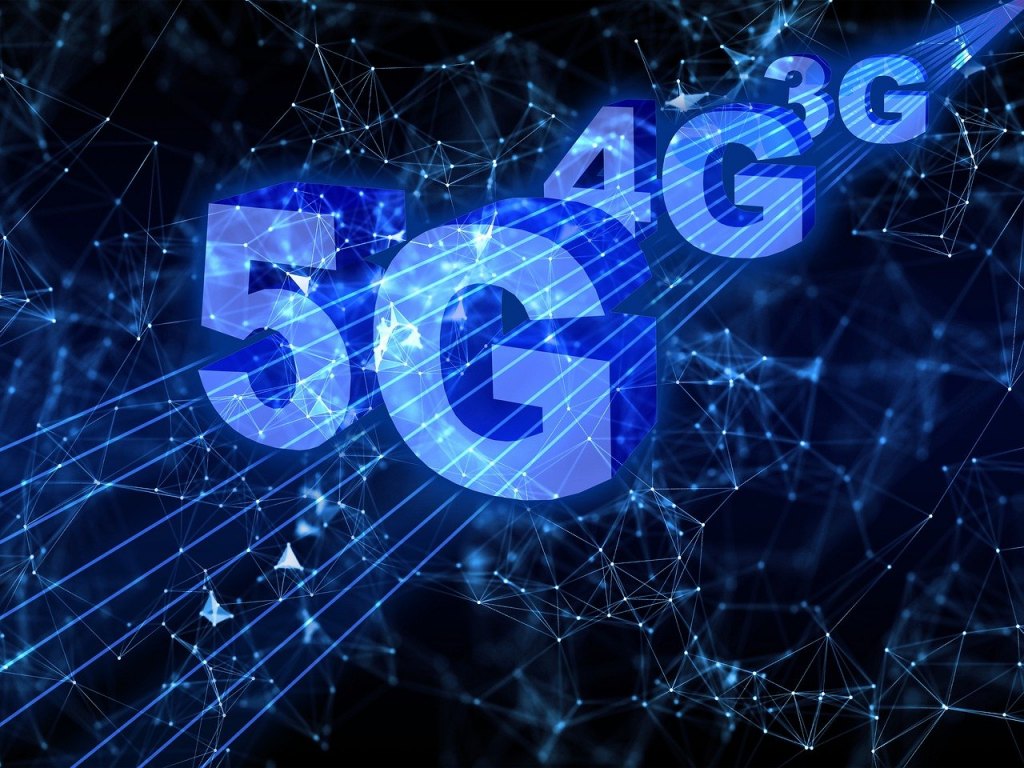
Source: pixabay.com
A lot of excitement is building around 5G technology because of the impact it can have on various industries including communications, healthcare, transportation, and cloud computing. 5G is expected to revolutionize network connectivity and provide an ultra-fast transmission that’s 100 times faster than the current 4G rates. 5G also provides low to zero latency, which is vital for the uninterrupted application of technologies such as virtual reality (VR), augmented reality (AR), and artificial intelligence.
5G means huge changes in how industries and people work. The European Space Agency (ESA), for instance, recently announced its partnership with the European Broadcast Union—an international alliance of public service media, representing more than a hundred organizations worldwide—that will allow Europe to implement 5G technology in media content delivery. Called 5G Emerge, the agreement aims to define, develop, and validate an integrated infrastructure of satellites and 5G technologies based on open standards that will efficiently deliver high-quality content distribution services.
Meanwhile, consumer communication is already starting to show increasing adoption of 5G. Based on forecasts by Ericsson’s 2021 Mobility Report, around half of all mobile subscriptions by 2027 will be 5G. With its enhanced mobile broadband, 5G is expected to significantly improve communication and the connectivity of the Internet of Things (IoT). That means more smart homes, better-connected workplaces and teams, and more efficient business operations.
5G is also being used in mission-critical communication. Examples include the remote control of critical infrastructure, smart vehicles, and medical procedures.
Instant Access to Cloud Services
With faster download speeds, connectivity, and capacity, 5G is also expected to improve access to cloud services. Cloud-dependent innovations can be delivered without glitches thanks to the low to zero latency of 5G. From multiplayer cloud gaming to e-commerce shopping using AR, and real-time collaboration and video translation, 5G technology could have a huge impact on daily life.
When it comes to mobile cloud applications, almost all industries can experience the improvement that 5G can bring. Healthcare, banking, travel, and education services delivered through mobile apps that are housed in the cloud will be faster. As a result, more consumers and businesses will turn to 5G and mobile cloud apps, prompting an increase in demand and usage for such technologies.
Furthermore, mobile hotspots with 5G will also be faster. Remote workers, salespeople or employees who travel for work, and students or scholars conducting field research can now access SaaS apps and other cloud services even in locations where internet connectivity is lacking.
For enterprise software, 5G will be a means for applications to demonstrate their full potential. The low latency capabilities of 5G mean developers will no longer have issues with the slow performance of their app’s features when customers access it online. Clients using SaaS services, on the other hand, can expect better communication between their business apps.
With the bigger capacity of 5G to handle cloud services, we can also expect developers of business apps to roll out more powerful features for their current products. That’s because 5G could enable end-users to benefit from advanced features even without huge investments in hardware.
Overall, cloud-based services and products will become more reliable, efficient, and faster with the rollout of 5G. And when that happens, we can expect more investments to pour into the cloud computing business.






















Leave a comment!